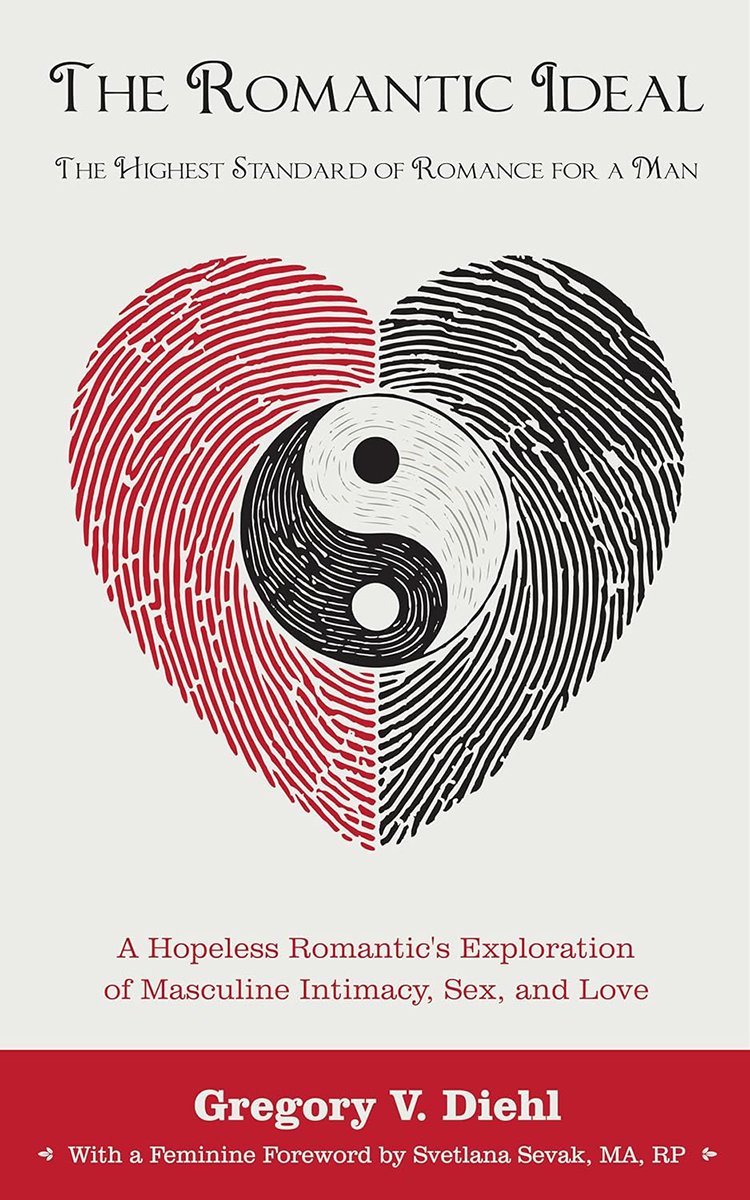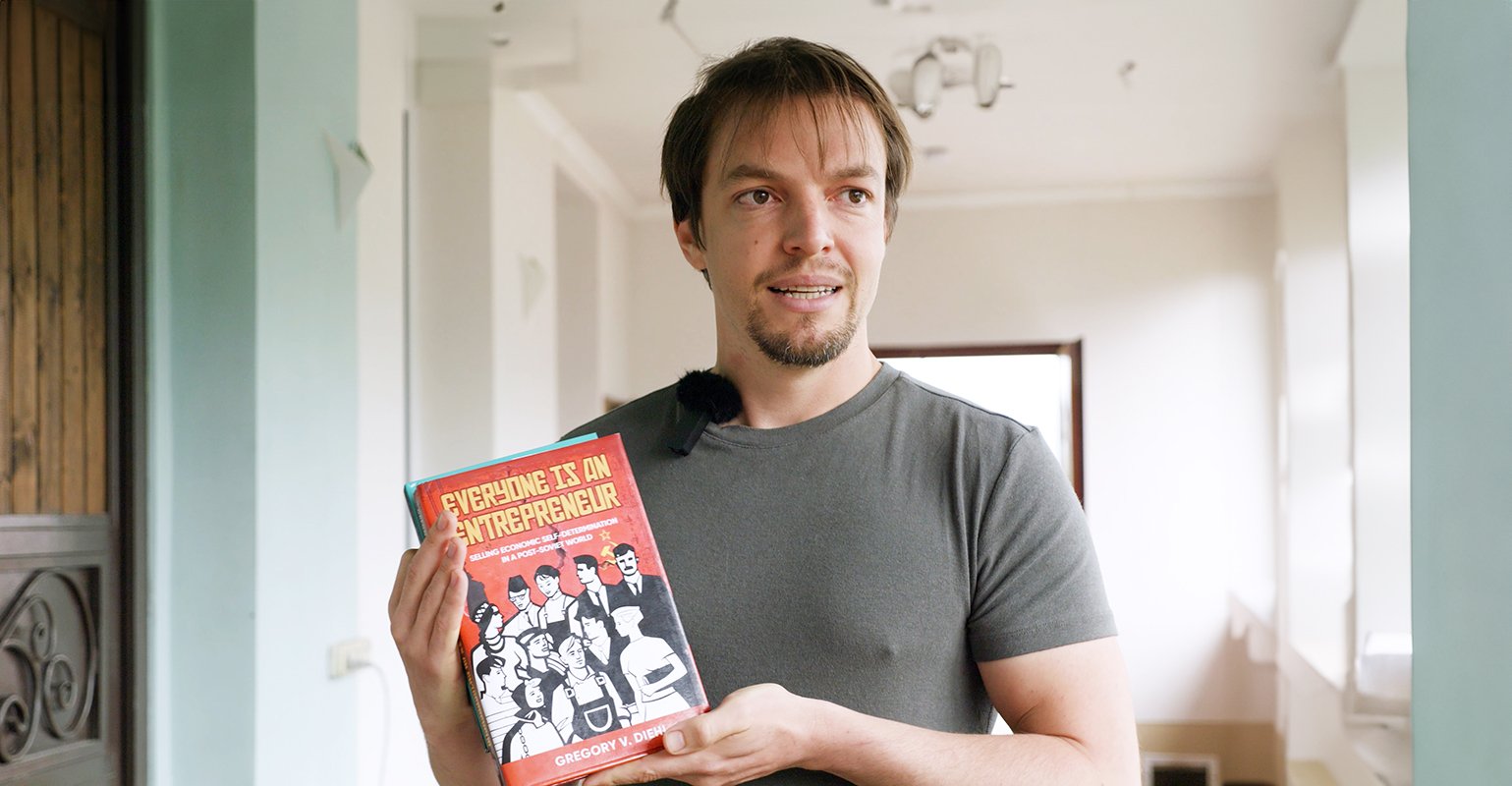Empowering Through Language And Culture
Gregory V. Diehl advocates immersive English language education, critiques flawed conventions in EFL programmes, and champions cultural understanding through teaching, empowering global learners at The Kalavan Retreat Center in Armenia.
Gregory V. Diehl stands as a true visionary in the realm of education, empowerment, and cultural exploration. A global citizen at heart, Gregory has traversed the world with an insatiable curiosity, immersing himself in diverse cultures and gaining unparalleled perspectives on language, identity, and learning. As the author of transformative works, Gregory has consistently challenged conventional thinking, sparking meaningful dialogue and inspiring personal growth among his readers.
His latest book, Our Global Lingua Franca, is a testament to his profound understanding of English as a unifying tool for communication, opportunity, and progress. With an unflinching critique of traditional EFL programmes and a passionate advocacy for immersive, conversationally focused methods, Gregory highlights the urgent need for educational reform. His insights are deeply influenced by his global teaching experiences, from elite classrooms in Europe to remote villages in the developing world. These journeys have shaped his belief that language, when taught effectively, can transcend borders and transform lives.
Now settled in the tranquil Armenian village of Kalavan, Gregory channels his expertise and altruism through The Kalavan Retreat Center. This remarkable initiative serves as a hub for education, cultural exchange, and self-discovery, reflecting his unwavering commitment to fostering meaningful change. Whether through free English lessons under the Armenian sky or thought-provoking essays penned for the global stage, Gregory embodies a rare blend of intellectual rigour and human connection.
In this issue of Reader’s House, we invite you to delve into an enlightening conversation with Gregory V. Diehl. Join us as we explore his compelling vision for language education, his reflections on cultural dynamics, and his relentless pursuit of empowering individuals to realise their fullest potential. Gregory’s voice reminds us of the tremendous power of language—not just to communicate, but to inspire, connect, and build a better world.
Gregory V. Diehl inspires with his innovative educational approach, cultural wisdom, and unwavering commitment to transformative language learning worldwide.
What inspired you to write Our Global Lingua Franca and address the challenges in EFL education?
Throughout my years teaching English across the world, I encountered the same problem everywhere: conventional English as a Foreign Language (EFL) education is deeply flawed. I saw bright, motivated students who, despite years of mandatory English instruction, could barely hold a basic conversation. They were often being taught by non-native teachers using outdated, rigid textbooks, speaking incorrect English themselves, and failing to provide immersive experiences for students.
Our Global Lingua Franca puts forth that English is the most powerful tool for global communication and economic mobility. The failure of traditional EFL programs is a humanitarian one. I wanted to provide educators and learners with a more effective, conversationally focused approach that prioritizes real-world fluency through immersion and practical application over rote memorization and test scores.
How has your global cultural experience influenced your perspective on language education?
Having lived and taught in numerous countries, ranging from elite schools in Western Europe to small villages in developing nations, I’ve seen firsthand how different cultural environments shape language learning. In some countries, English is treated as an academic hurdle rather than a practical skill. Students are trained to pass exams rather than to communicate. In others, cultural pride or government policies resist English fluency, fearing it will dilute local traditions. They often actually fear the influence of native speakers because they know they will make them look bad in comparison.
“English is the most powerful tool for global communication and economic mobility.” – Gregory V. Diehl
These experiences taught me that the best English learners are those who see its direct value in their lives. The challenge isn’t the language itself but the way it’s presented. If educators can connect English to a student’s real-life aspirations, whether that’s better job opportunities, global travel, or personal growth, learning becomes an exciting opportunity rather than a forced obligation. But acting on that type of motivation requires the context of a culture that permits such ambitions instead of penalizing them, which is tragically much rarer than you might think.
What do you believe are the most significant flaws in conventional EFL programs?
The biggest problem is that most EFL programs don’t actually teach English. English is rarely spoken in the classroom. Students memorize vocabulary lists, grammar rules, and scripted dialogues but almost never experience real-world conversations. Fluency requires extensive, consistent exposure to natural English.
In many countries, EFL teachers themselves are not fluent in the language. They mispronounce words, make grammatical errors, and rely heavily on their native language instead of English, even at advanced levels, reinforcing bad habits in their students and giving them false confidence in their communication abilities.
“English should be taught dynamically through storytelling, real interactions, and problem-solving.” – – Gregory V. Diehl
Students are almost always taught to regurgitate phrases rather than construct sentences creatively. They pass exams but freeze in real conversations because they’ve never had to think in English and develop spontaneous competence. A student might achieve a high CEFR level yet still struggle to hold a conversation. English should be taught dynamically through storytelling, real interactions, and problem-solving, not rigid grammar drills and forced repetition.
Can you share more about the mission and activities of The Kalavan Retreat Center?
The Kalavan Retreat Center is a social and educational initiative, curating influence from the international community to create opportunities for co-habitation, education, and personal development in Kalavan village, Armenia. I moved here in 2019 after more than 10 years of world travel to refurbish an old house and contribute to the village’s cultural and economic evolution.
One of our primary functions for the locals is to offer high-quality English education that is otherwise virtually absent throughout Armenia despite the institutional schooling system being staunchly opposed to working with us. We hang a banner from our balcony facing the main road advertising “Free English Lessons” to anyone who visits the village or their children. Virtually every Armenian who speaks decent English will tell you that they primarily learned it through private tutoring, English television, and organic conversation with foreigners. Those are the organic language conditions we seek to replicate here.
What advice would you give to educators striving to improve conversational English fluency in their students?
If an educator truly wants to help students become fluent, they must break away from the ineffective conventions of EFL education. Students need constant exposure to natural English. Avoid translating into their native language unless absolutely necessary. Stop using scripted dialogues and forced “classroom English.” Have students engage in discussions about topics they care about, ask open-ended questions, and let them express their thoughts freely. Find ways to tie English into the student’s existing interests and lifestyle. Incorporate authentic materials like podcasts, movies, YouTube videos, and news articles. If you can’t physically immerse students in an English-speaking country, create an English-only simulated environment in the classroom.
How do you see the role of English evolving as a global bridge language in the future?
English is already the world’s lingua franca, or globally shared language. It’s the dominant language in business, science, technology, and international diplomacy. Many countries have historically resisted English education due to political or cultural pride. However, economic reality is making that resistance untenable. English opens too many opportunities to be ignored. This creates more opportunities for international collaboration while allowing people to retain their cultural identities. Those who master English now will have access to more knowledge, careers, and relationships than those who don’t. And for that reason, improving how we teach it in every country around the world is one of the most important educational reforms of our time.
EDITOR’S CHOICE
A brilliant, heartfelt exploration of masculinity and romance, offering transformative insights into love, intimacy, and self-actualisation. Truly inspiring!
Coming soon



